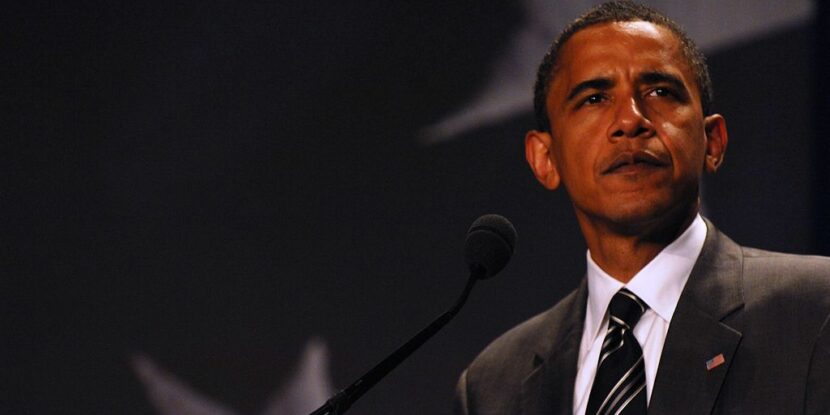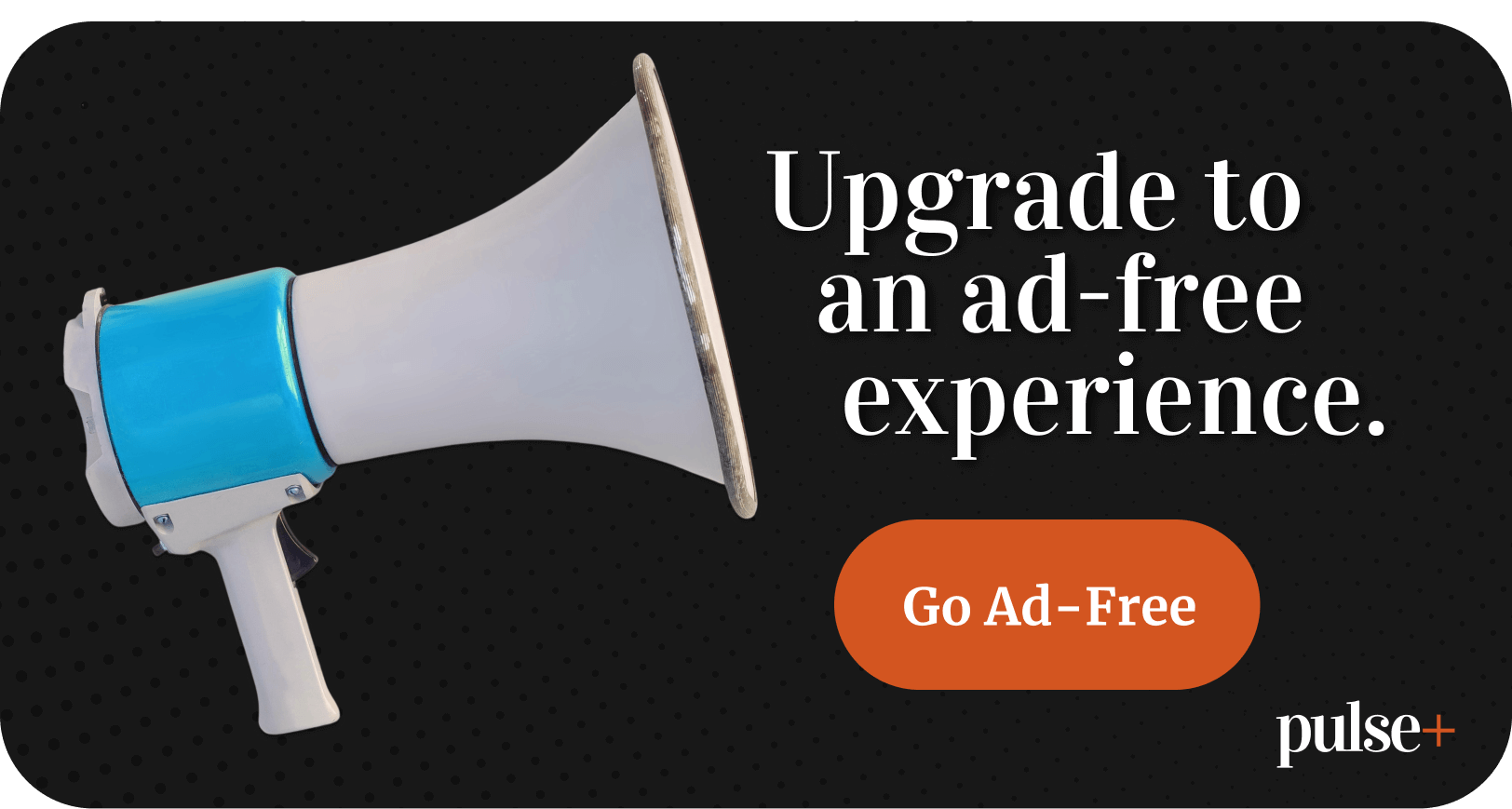
Democrats keep wanting to boast on how President Obama and the Federal Reserve “saved the economy.” But even liberals are starting to notice why that’s hard to do and the deep sources of the rebellion against the status quo. Over at FiveThirtyEight, Ben Casselman reports on the view from Iowa:
This is one of the central paradoxes of the 2016 presidential campaign. The economy is, by virtually any measure, drastically improved from when President Obama took office nearly seven years ago. And yet poll after poll reveals a national electorate that is deeply skeptical of that progress. In one recent Wall Street Journal poll, more than half of voters said the economic and political system was “stacked against people like me.” That sense of alienation has fueled the insurgent candidacies of Trump and Bernie Sanders, and led even establishment candidates to emphasize inequality, middle-class stagnation and related issues.
The easiest explanation for this paradox is that it isn’t a paradox at all: Americans are pessimistic about the economy because, for many of them, the economy hasn’t gotten better. Unemployment is down, but incomes are flat. Millions of Americans left the labor force in the recession and haven’t returned. Millions more are stuck in low-wage jobs or are working part time because they can’t find full-time work.
Many in Iowa feel the same way. In a recent Loras College poll, 40.8 percent of Iowa Republicans said the state of the economy is poor, and 29.8 percent said they expect it to be even worse a year from now. Just 13.8 percent believe it will be better. Democrats are more positive, but only up to a point. Just 10.8 percent say the economy is poor, but less than half say it is “good” or “excellent.” And nontraditional candidates like Trump, Sanders and retired neurosurgeon Ben Carson perform just as well in polls in Iowa as they do nationally.
But there is a key difference between Iowa and the rest of the country. The state’s unemployment rate, at 3.6 percent in September, is the lowest it has been in close to a decade, and household income has experienced a strong rebound. The Iowa economy isn’t “solid but not spectacular” or “surprisingly resilient” or any of the other carefully hedged euphemisms that journalists routinely apply to the national picture. The Iowa economy is strong.
In four days of conversations in and around Davenport, Iowa, I heard much of the same economic unease and political frustration that has dominated the national campaign, but filtered through a slightly different lens. Relatively few people had immediate financial problems, although some said they knew people who did. But many had concerns about longer-run pressures — student debt, inadequate retirement savings — and even more expressed deeper, existential worries about the future of the American dream. The recession, which was comparatively mild in Iowa, didn’t cause those issues, but it did lay them bare.
“All the jobs that allowed middle-class people to prosper, a lot of those jobs went away,” said Mary Britton, a local office manager. “A whole bunch of people are being left behind.”
Maggie Gallagher is a senior fellow at the American Principles Project.


